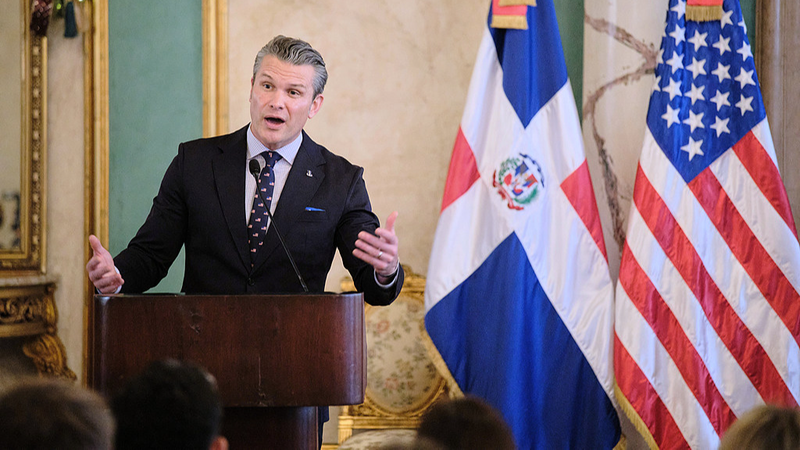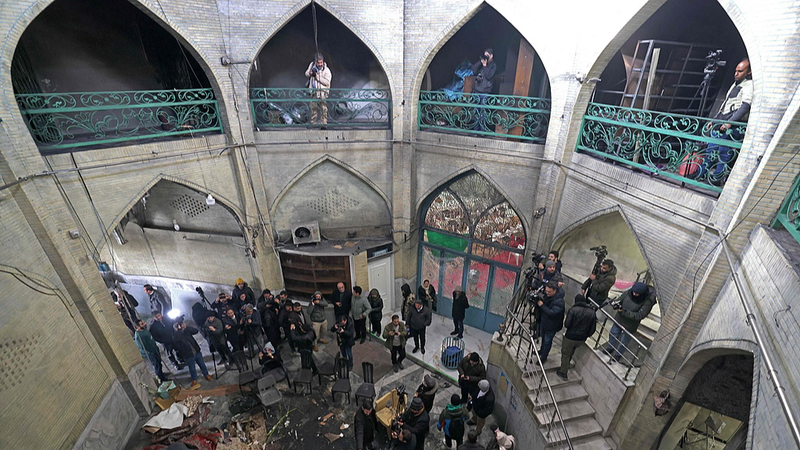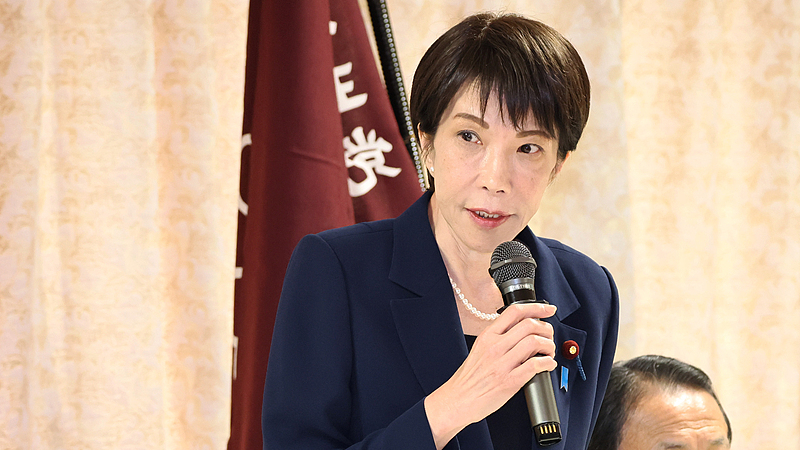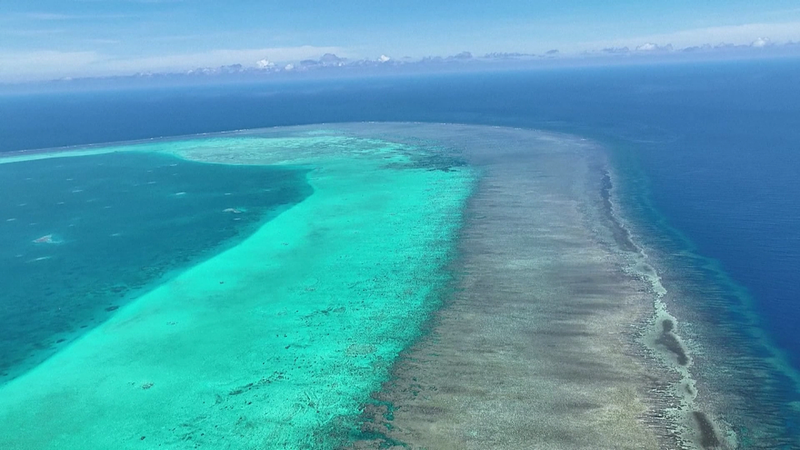U.S. Defense Chiefs Shore Up Caribbean Bases
This week, U.S. Defense Secretary Pete Hegseth arrived in the Dominican Republic for talks with President Luis Abinader. The meeting paved the way for U.S. access to restricted areas of San Isidro Air Base and Las Américas International Airport as part of joint counternarcotics efforts.
Counternarcotics Campaign Intensifies
On Monday, U.S. Joint Chiefs of Staff Chairman Dan Cane toured forces in Puerto Rico before heading to Trinidad and Tobago, where he met Prime Minister Kamla Persad-Bissessar on Tuesday. Discussions touched on drug trafficking, illegal weapons, human smuggling and transnational crime. Between November 16 and 21, Trinidad and Tobago hosted joint exercises with the U.S. Marine Corps just across the Paria Gulf from Venezuela.
Since September, the United States has ramped up its military presence under an intensified counternarcotics campaign. U.S. forces have sunk 21 suspected smuggling vessels in the Caribbean Sea and eastern Pacific, resulting in more than 80 deaths. Roughly 15,000 personnel—including sailors aboard the USS Gerald R. Ford—are now deployed, marking the largest U.S. buildup in the Caribbean in decades.
Venezuela and Allies Push Back
Venezuela accuses Washington of using drug operations as a pretext to undermine President Nicolás Maduro and seize control of its oil resources. President Donald Trump has said he authorized CIA covert operations in Venezuela and has not ruled out military action, while also expressing openness to dialogue.
Calls for Restraint Grow
Organization of American States Secretary-General Albert Ramdin urged both sides to de-escalate, stressing “we don’t want any war in our hemisphere. Peace is truly what everyone here wants. No one wins in a war.”
Cuban Foreign Minister Bruno Rodríguez labeled the U.S. buildup as 'aggressive' and warned it could trigger mass casualties and 'unimaginable instability' across the region.
Venezuelan Attorney General Tarek William Saab defended his country’s anti-drug record, noting that fewer than 5 percent of cocaine destined for the United States passes through Venezuela. He called the U.S. strikes on suspected vessels a violation of international law and humanitarian treaties if the vessels did not pose an immediate threat.
Public Opinion and Path Forward
A new CBS/YouGov poll in the United States found that 76 percent of Americans believe the president has not adequately justified the country’s stance on Venezuela, and 70 percent oppose military action against the South American nation.
As Caribbean waters become a stage for show-of-force operations, leaders and citizens across Latin America are urging calm and diplomatic engagement to steer the hemisphere away from conflict.
Reference(s):
Latin America warns of war as U.S. expands Caribbean military presence
cgtn.com




